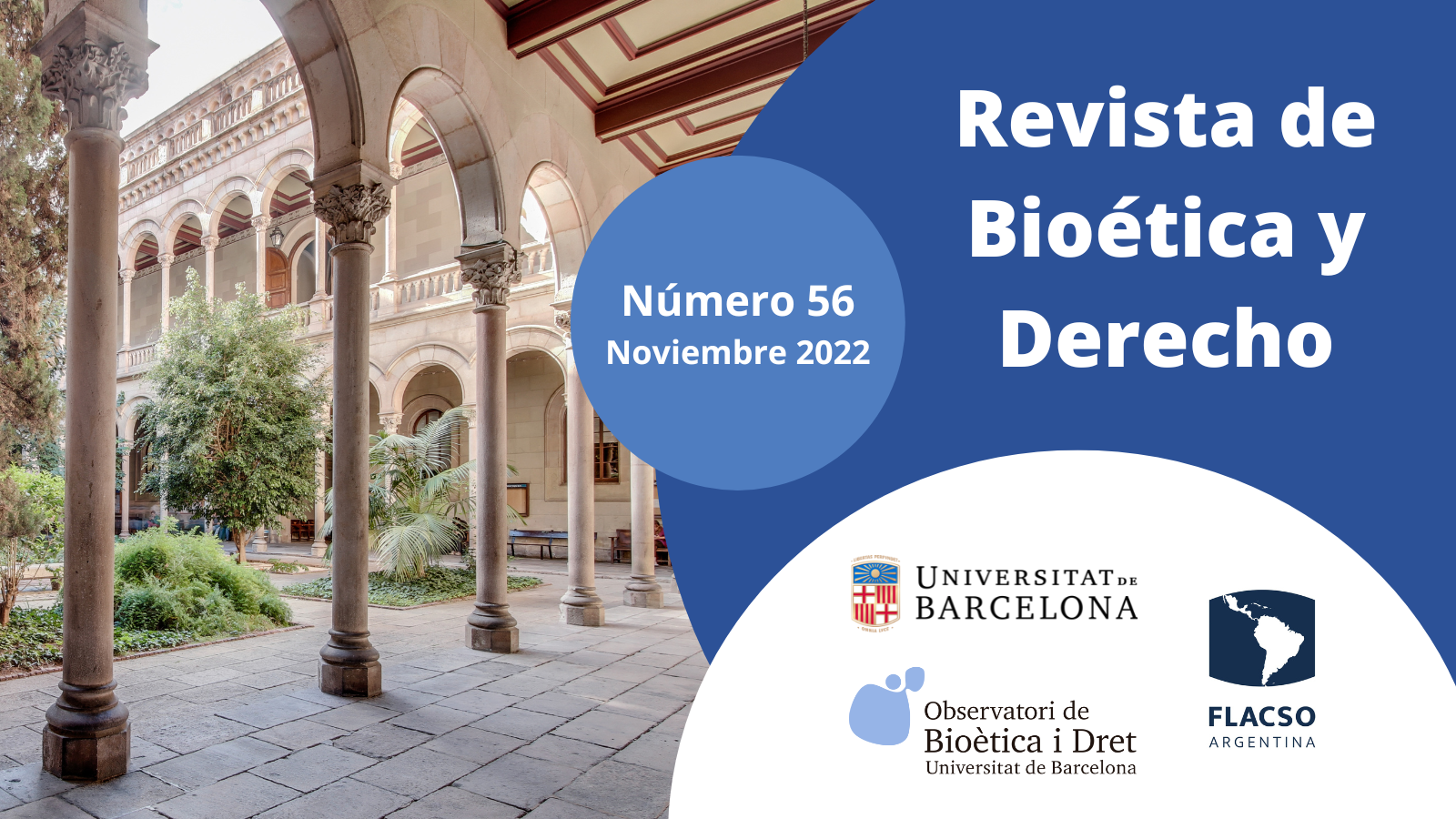Surrogate Motherhood in Mexico
DOI:
https://doi.org/10.1344/rbd2022.56.40623Abstract
Surrogate motherhood has been present in the reproductive life of thousands of couples who seek, through this procedure, to accomplish the dream of becoming parents of a child with the same biological origin. These couples face an inability to conceive within the couple due to a physical impossibility to gestate or because they are same-sex couples, this being the only way to become biological parents. However, nowadays, more and more cases are coming to court with disputes over filiation and nationality, as well as legal disputes about the way in which the legislature has regulated these procedures. This article will explain what the Mexican Supreme Court of Justice has ruled on the subject, since the states of Tabasco and Sinaloa have regulated the use of surrogacy, but in 2016 the Supreme Court was asked to review the regulation established in Tabasco as it was considered unconstitutional.
Downloads
Published
How to Cite
Issue
Section
License
Copyright (c) 2022 Mariana Dobernig

This work is licensed under a Creative Commons Attribution-NonCommercial-NoDerivatives 4.0 International License.
 The author retains the copyright and grants Revista de Bioética y Derecho the right of first publication of the article. All articles published in Revista de Bioética y Derecho are under Creative Commons licensing Recognition – Non Commercial – NoDerivedArtwork (by-nc-nd 4.0), which allows sharing the content with third parties, provided that they acknowledge its authorship, initial publication in this journal and the terms of the license. No commercial use of the original work or generation of derivative works is permitted.
The author retains the copyright and grants Revista de Bioética y Derecho the right of first publication of the article. All articles published in Revista de Bioética y Derecho are under Creative Commons licensing Recognition – Non Commercial – NoDerivedArtwork (by-nc-nd 4.0), which allows sharing the content with third parties, provided that they acknowledge its authorship, initial publication in this journal and the terms of the license. No commercial use of the original work or generation of derivative works is permitted.







